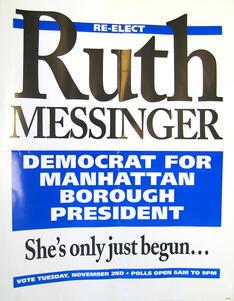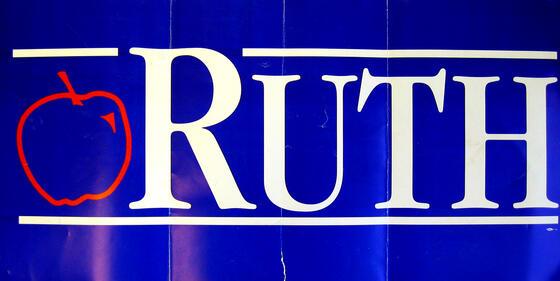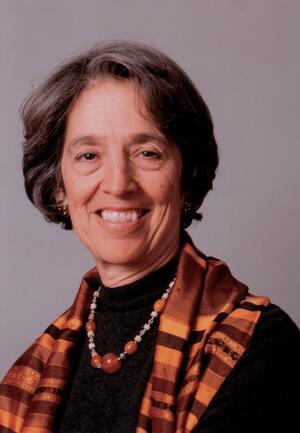Ruth Messinger
During the years that I held elected office, the percentage of women holding such positions across the U.S. went from about 4% to 20%. An impressive increase to be sure – very important for the advance of women and, in my judgment, for the improvement of politics – but also in some ways a painful one, given the hurdles that women in politics encounter. The public often has different expectations of women than of men. They are not sure that women should be working, particularly in a business they think of as dirty. Experienced political donors contribute less to women than to men and, if asked why, cannot justify this decision. Male colleagues are often people who really have never dealt with women as equals and are easily threatened by women expecting to be treated that way.
Some vignettes:
I meet with a colleague who has control over an important committee. I ask for a public hearing for a piece of legislation I have drafted. I offer many reasons why the hearing should be scheduled, how important it will be to a key group of constituents, how it will help advance his position with these individuals. He asks all sorts of questions and then, at the end of our conversation, when I push for a response, says, “Of course you can have a hearing. I can never say no to a pretty girl.”
I am in a serious battle with the Mayor over the responsibilities of his commissioners. We are confident that the law is on our side – eventually proved to be correct. But the Mayor speaks to the New York Times and says that I am in error, perhaps cannot understand the law because I am not a lawyer, and seem to be “hysterical” about the matter.
I am part of a small group on the City Council charged with shaping the final budget that the Council will propose to the Mayor, and we are arguing about what items will be cut and what items must stay in our final draft. I am doing the math for the group of seven individuals, helping each of them to cost out his proposals, make some cuts and adjustments, fit as much as possible into the final draft. At the end of this process, I then speak up to say what items from my original list must make the final draft, and there is, literally, collective astonishment that I am going to do more than facilitate their requests, that I have the temerity to demand to be treated as an equal. Then, to top off this experience, as we are leaving this session – at about five a.m., after six or seven hours of work, one male colleague says to me that he has spent more time with me than he spends with his wife in a year!
Polls show that in my citywide race I cannot win the support of Hispanic women over 40, even though I am very popular in the Hispanic community based on my positions, because they do not believe a woman should work outside the home in this public arena.
In this same citywide race against a popular incumbent, a columnist in the Washington Post weighs in with a piece in support of the Mayor in which he concludes that I am too unattractive to be Mayor.
I was a part of the political arena for 20 years. I loved the experience and believe that having people of different backgrounds – gender, race, class, national origin – makes for a stronger and more democratic government. It was always exciting, always challenging, and I know that I was able to make a difference and, in the process, interest other women in standing up for their own rights, working to promote change, thinking about running for office themselves. And, during these two decades, people got more comfortable with seeing women hold positions of power, but there is still a long way to go.
Ruth W. Messinger is the President and Executive Director of American Jewish World Service (AJWS), a not-for-profit organization that works to alleviate poverty, hunger, and disease in the developing world and build Jewish life in Russia and the Ukraine. AJWS currently funds nearly 200 development and emergency projects in over 30 countries in Africa, Asia, and Latin America, and more than 40 Jewish renewal projects in Russia and Ukraine. Prior to assuming this role in 1998, Messinger was in public service in New York City for 20 years, including having served as Manhattan Borough President. In 1997, she was the first woman to secure the Democratic Party’s nomination for mayor. Messinger is currently a visiting professor at Hunter College, teaching urban policy and politics. She is active in many not-for-profit organizations and serves on the boards of several, including Surprise Lake Camp, of which she is President. For the past four years, Messinger has been named one of the 50 most influential Jews of the year by the Forward newspaper.





